White papers
Introduction
Sophie V2 represents a paradigm shift in how enterprises approach customer experience (CX) automation. Traditional LLM architectures, predominantly built on Retrieval-Augmented Generation (RAG), have failed to deliver the reliability, actionability, and compliance required for mission-critical support scenarios. Sophie introduces a supervised execution framework that cleanly separates reasoning from action.
At the core of Sophie lies an LLM Supervisor responsible for planning, state tracking, and decision-making. This is supported by deterministic Skill Modules that interface with external systems and data sources to reliably perform actions. Input/output is filtered through enterprise-grade Guardrails, and every decision, interaction, and data source is logged through a Traceability Layer. With its Feedback Engine, Sophie adapts in production using real interaction data — without the need for constant re-training or prompt tuning.
The result is an AI agent that is not only intelligent but also controllable, trustworthy, and measurable — capable of automating highly variable and policy-sensitive CX workflows with confidence.
📘 In This White Paper
The Operational Gaps in RAG-based AI Systems
Why common architectures break under enterprise CX demands
Failure modes in accuracy, policy enforcement, traceability, and actionability
Sophie V2: Architectural Overview
How supervised execution ensures deterministic planning and execution
Detailed breakdown of the Guardrail Layer, LLM Supervisor, Skill Modules, and Feedback Engine
RAG vs RAGless Retrieval
Why semantic retrieval fails in structured environments
How Sophie ensures structured, explainable, policy-compliant knowledge access
Traceability by Design
How every plan, decision, and skill invocation is logged and auditable
Examples of full execution flows across fintech, SaaS, and e-commerce
CXACT Benchmarking Suite
Our novel framework for measuring agent accuracy, policy compliance, tool invocation correctness, and trace quality
Comparative results validating Sophie's architecture
Architecture Evolution from V1 to V2
What broke in our early hybrid-RAG deployments
Why supervised execution proved significantly more scalable and reliable
Technical Roadmap
Upcoming features, SDKs, and improvements for developers, CX admins, and analysts
Conclusion
Why supervised execution is the only viable foundation for enterprise-grade AI support automation in 2025 and beyond





















